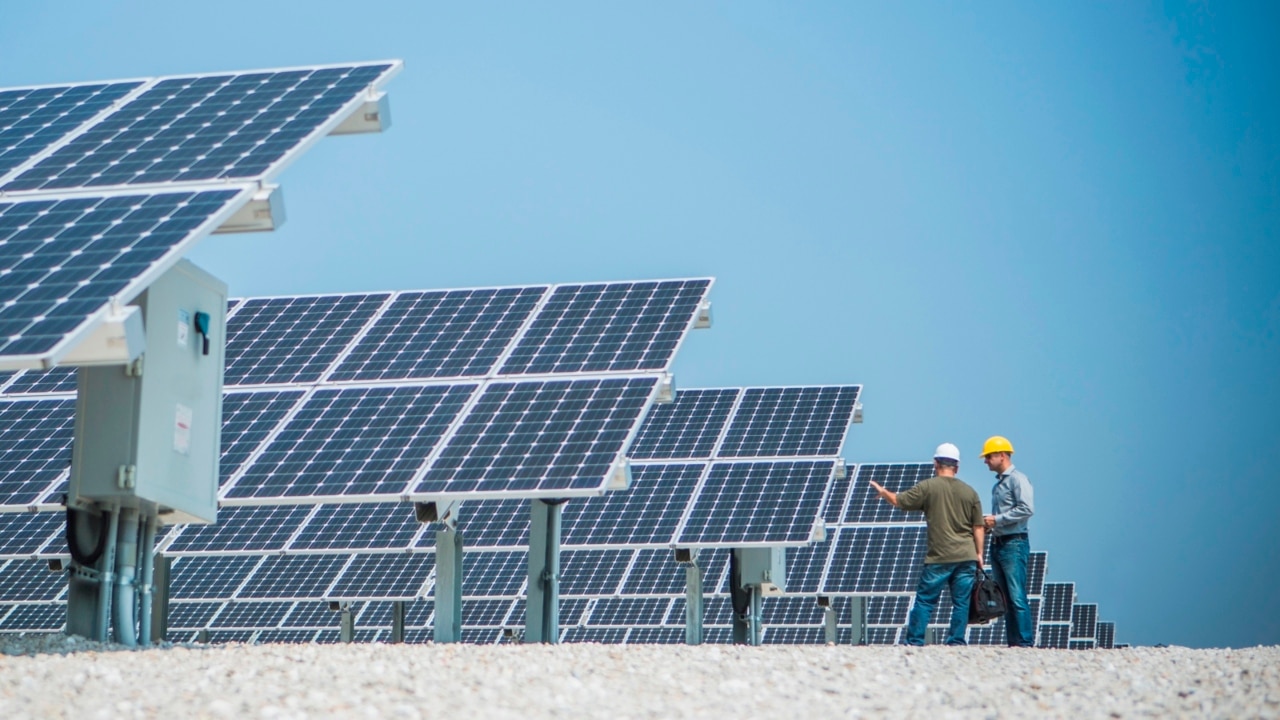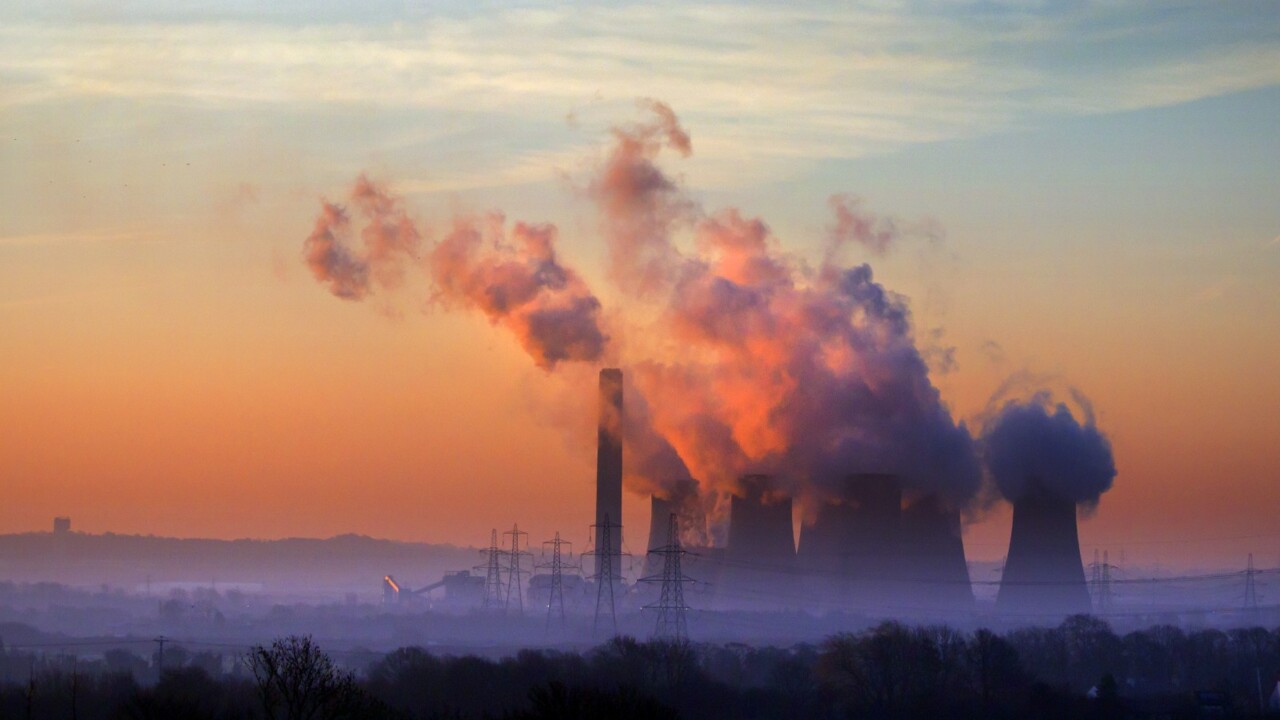Solar industry calls for urgent action on inverter accreditation which could see it grind to a halt
Installation of new solar systems will grind to a halt nationwide by the end of the week if inverter rule changes are not put on hold, the industry warns.

The solar industry says installation of new systems will grind to a halt nationwide by the end of the week, “devastating’’ the sector, if changes to the accreditation of solar inverters are not put on hold.
On December 18 a new standard for solar inverters - which convert direct current (DC) to alternating current (AC) able to be used in the Australian power grid - comes into effect.
The problem is that there is not a single inverter accredited for use under the new guidelines, with one industry body saying the standard that Australian systems are now being held to is “globally unique’’.
While the industry has known about the changes to the inverter accreditation for just more than a year, a recently picked up change to the accreditation for the direct current (DC) isolators within the inverters means that no inverter manufacturers have been able to do the testing required to meet the accreditation.

The Clean Energy Council and the Smart Energy Council say there is also not currently a laboratory globally which is set up to do such testing.
The CEC, in a joint letter co-signed by Master Electricians Australia and the National Electrical and Communications Association, has on Friday written to Federal Minister for Energy and Emissions Reduction Angus Taylor as well as state ministers seeking “urgent intervention’’ to extend the deadline for accreditation.
“The changes to certification requirements for DC isolators have meant that manufacturing
testing laboratories are required to be accredited to AS 60947-3,’’ the CEC says.
“There is currently not a single test lab in the world that is accredited to this standard.
“Little to no advice to installers about the effect the change and the resultant lag in ... approved laboratories has been communicated by manufacturers, wholesalers or regulators.
“The result, many small businesses will be faced with a shortage of complying product and overstock of old product following the 18 December deadline.
“The impact to the industry will be devastating. It is anticipated that is will result in a complete halt to the solar industry across Australia at a time when we are working towards Net Zero.’’

Both the CEC and the Smart Energy Council have called on both the federal and state governments to intervene.
“We suggest that regulatory instruments, at both Federal and State level are required to extend the deadline of current inverter stocks by six months or an appropriate period,’’ the CEC says.
“It is important to note that the risk profile of these products has not significantly altered due to the changes introduced by the new standard. ‘’
Smart Energy Council chief executive John Grimes said his organisation had been meeting with state regulators, and also called for urgent action to avoid tens of thousands of workers being put out of a job.
“State regulators in Australia have imposed a globally unique requirement to test internal DC isolators in inverters to 60 degrees, instead of 40 degrees,’’ he said.
“A failure to respond with a workable solution would see us demanding state energy ministers intervene immediately to save solar jobs in the lead up to Christmas.
“The SEC is not trying to circumvent safety or other requirements and our members certainly aren’t – there is timing issue for gaining certification and that’s all we are seeking.
“Remember, there is no safety issue being alleged, and 3 million Australian homes already use these inverters.’’
Mr Taylor’s office was contacted, and referred the matter to the Clean Energy Regulator,
which said it was an issue which needed to be managed at a state and territory level.
“The authority for electrical safety across Australia lies with the individual state and territory electrical regulators,’’ the agency said in a statement.
“We understand industry bodies are actively working with state and territory electrical regulators via the Electrical Regulatory Authorities Council (ERAC). We encourage ERAC to quickly find a practical solution to this issue.’’
A spokesman for the South Australian government said it was well aware of the issue.
“Isolators are an important part of ensuring a safe rooftop solar system,’’ they said.
“The Department for Energy and Mining has been working with relevant parties to minimise impacts to the South Australian sector. Further updates will be provided to the sector very soon as this work progresses.”


To join the conversation, please log in. Don't have an account? Register
Join the conversation, you are commenting as Logout